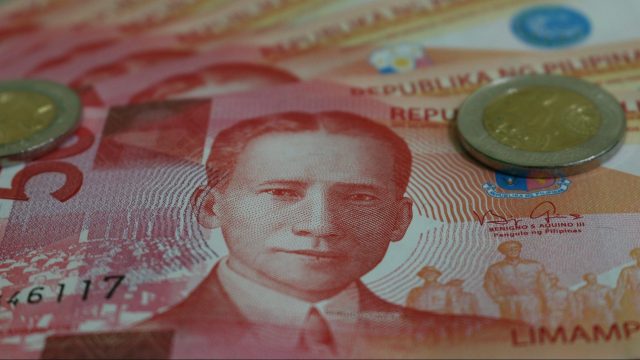When the body of Joanna Daniela Dimapilis, a Filipino domestic worker, was found in a freezer in an abandoned apartment in Kuwait where she had worked for a Lebanese-Syrian couple, it sparked outrage.
The president of the Philippines, Rodrigo Duterte, exclaimed, “When will this inhumane treatment of our Filipino workers end? To the Kuwaiti government and all others, we seek and expect your assistance in this regard. We do not seek special treatment or privileges for our workers but we do expect respect for their dignity and basic human rights. Keep them free from harm. I implore you. I am pleading to all Arabs, the Filipino is no slave to anyone, anywhere, and everywhere.”
Writing for the Manila Bulletin, former senator Atty. Joey Lina, notes that abuse of Overseas Filipino Workers (OFWs) occurs around the world:
The sad plight of many OFWs has revealed many horror stories all these years, yet the exodus of Filipinos has continued. Every administration in the post-Marcos era has hoped foreign employment would only be a stop-gap measure to keep our economy afloat and enable people to survive financial hardships, and that the time will soon come when families would no longer have to be apart. But since the ‘90s, Filipinos have lived like modern-day gypsies. Go to the ends of the earth, there’s a Filipino.
By force of dire circumstances – severe shortage of local opportunities to make a decent living with the apparent failure of government and the private sector to sufficiently meet the ever-rising demand for jobs – more than 12 million Filipinos have been compelled to bite the bullet and seek their fortunes elsewhere in the world.
Still, as Lina explains, going abroad has its own challenges and migrants often face discrimination. In Hong Kong, for example, a Filipina domestic worker was denied permanent residency in 2013 even though she had worked in the city for 27 years. OFWs united in protest against a system that “seemed to treat maids an inferior caste” — after all, other foreigners became permanent residents there after only seven years.
Lina ultimately hopes to see the day that the Philippines can have stronger domestic growth so that its citizens do not have to leave in order to provide for their families. Yet with around 5,000 Filipinos leaving the country each day, this is far from becoming reality.







Freedom United is interested in hearing from our community and welcomes relevant, informed comments, advice, and insights that advance the conversation around our campaigns and advocacy. We value inclusivity and respect within our community. To be approved, your comments should be civil.
It’s simple; let all these so-called professionals stay in while these worker who works under them for their betterment get out of the country. Let’s see how the system would go. Hmm
You are truly right. If FIlipino workers have to struggle seeking permanent residency in order to become a permanent worker in HK. So why bother working there? Moreover, if HK can’t give a permanent residency, even they do, major rights like security/privacy can’t be given also then theres no point hiring a hard worker and good-nature workers don’t you also think. And lastly, if HK just can’t give them these rights then they just don’t have to accept these maids or ‘common workers’ at all.
I feel compelled to explain the residency situation in Hong Kong. Domestic Helpers are granted a special visa to work, stating that they cannot seek residency in HK. They know this coming in, and if they aren’t okay with it, they are free to choose somewhere else to work. Residency is granted after 7 years to professionals & their families. A small, overcrowded territory like HK simply does not have the infrastructure to take in DH’s & their families. It’s practical – not prejudicial!